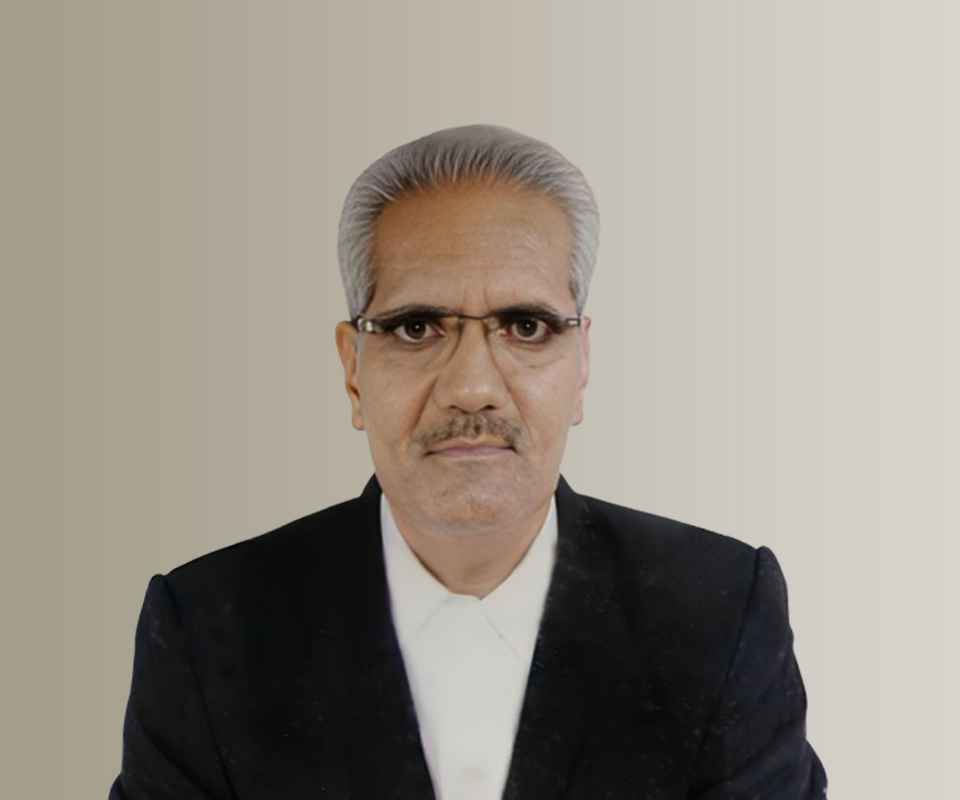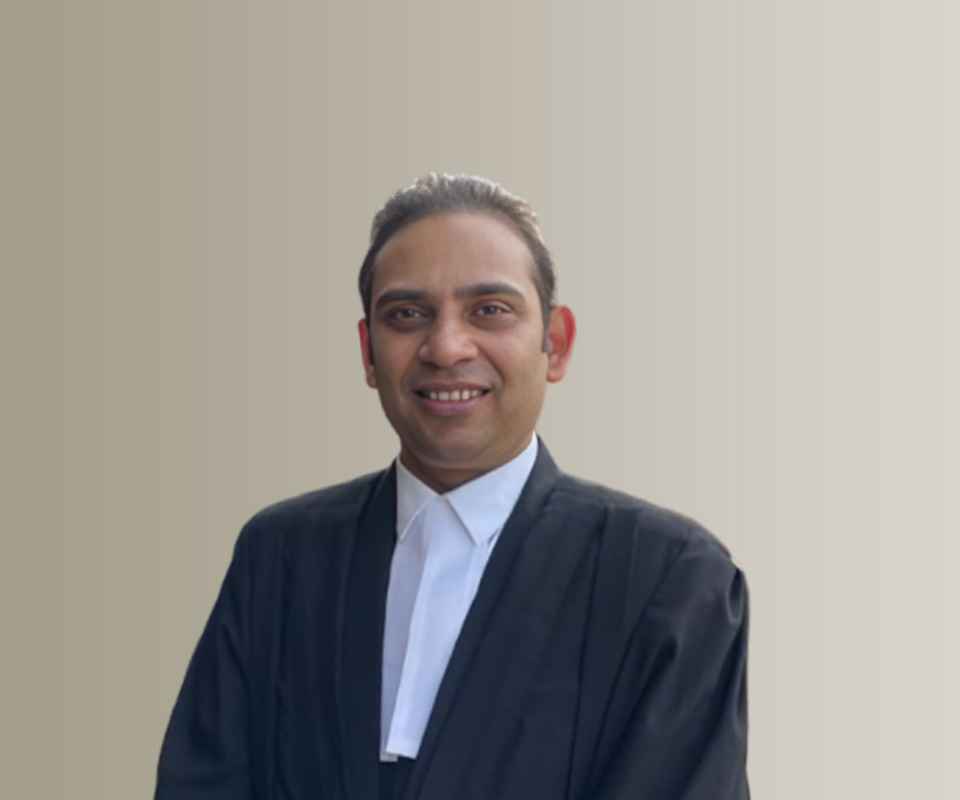Answer By law4u team
Bharatiya Nagarik Suraksha Sanhita, 2023 - Section 335: Record of Evidence in Absence of Accused
(1) If it is proved that an accused person has absconded, and that there is no immediate prospect of arresting him, the Court competent to try, or commit for trial, such person for the offence complained of may, in his absence, examine the witnesses (if any) produced on behalf of the prosecution, and record their depositions. Any such deposition may, on the arrest of such person, be given in evidence against him on the inquiry into, or trial for, the offence with which he is charged, if the deponent is dead or incapable of giving evidence or cannot be found, or his presence cannot be procured without an amount of delay, expense or inconvenience which, under the circumstances of the case, would be unreasonable.
(2) If it appears that an offence punishable with death or imprisonment for life has been committed by some person or persons unknown, the High Court or the Sessions Judge may direct that any Magistrate of the first class shall hold an inquiry and examine any witnesses who can give evidence concerning the offence. Any depositions so taken may be given in evidence against any person who is subsequently accused of the offence, if the deponent is dead or incapable of giving evidence or beyond the limits of India.
Brefe Detail
Section 335 of the Bharatiya Nagarik Suraksha Sanhita, 2023, allows for the recording of evidence in the absence of an accused person who has absconded. It permits the court to examine witnesses for the prosecution and record their depositions, which can later be used as evidence if the accused is arrested. Additionally, it provides provisions for cases where the accused is unknown, enabling magistrates to take depositions that can be used against any subsequent accused.
Question & Answers
Q1: What happens if an accused person absconds and cannot be arrested immediately?
A1: The court may examine and record the depositions of witnesses produced on behalf of the prosecution in the absence of the accused.
Q2: When can a deposition be used against an accused after their arrest?
A2: A deposition may be used if the deponent is dead, incapable of giving evidence, cannot be found, or their presence cannot be procured without unreasonable delay, expense, or inconvenience.
Q3: What is the role of the High Court or Sessions Judge if an unknown person commits a serious offence?
A3: They may direct a first-class Magistrate to hold an inquiry and examine witnesses regarding the offence.
Q4: Under what circumstances can depositions taken during an inquiry be used against a subsequently accused person?
A4: If the deponent is dead, incapable of giving evidence, or beyond the limits of India.
Example
1. In a case where a suspect has fled, the court may proceed to record witness statements to ensure that evidence is available when the suspect is eventually apprehended.
2. A Magistrate conducts an inquiry into an unknown assailant in a murder case, recording witness depositions that can later be used against any suspect who is identified.
Summary
Section 335 of the Bharatiya Nagarik Suraksha Sanhita, 2023, provides a framework for recording evidence when an accused person is absent, particularly if they have absconded. It ensures that witness testimonies can still be gathered and utilized in future proceedings, even if the accused is not present. Additionally, it allows for depositions in cases where the accused is unknown, maintaining the integrity of the judicial process.







